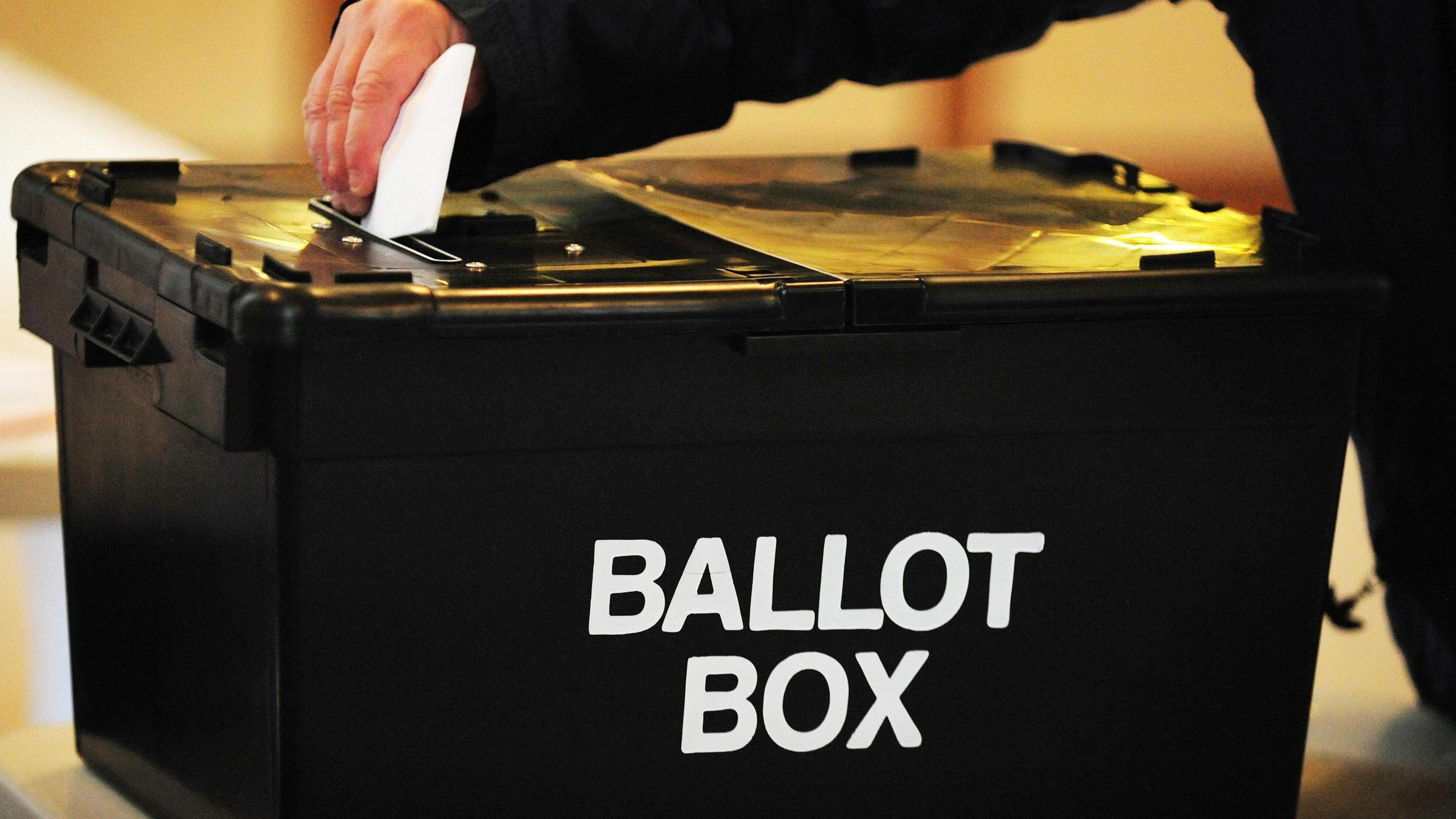Cambridge candidates clash on housing and growth
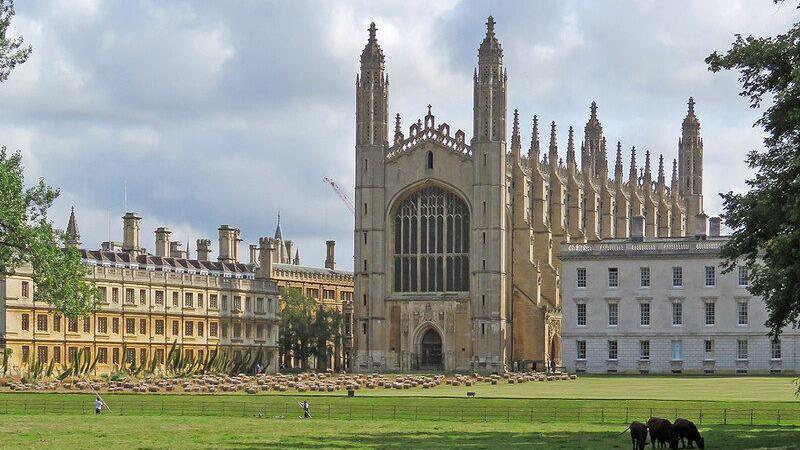
Cambridge is one of the most highly educated constituencies in the country
- Published
Cambridge is a city where old meets new.
Centuries-old university buildings are ringed by science and technology businesses.
The constituency is a red dot in a sea of blue: Daniel Zeichner, its MP since 2015, was Cambridgeshire's only Labour representative during the last Parliament.
It is one of the most highly educated constituencies in the country, with more than half of people holding a university degree or equivalent.
It also has above average wages and house prices.
City growth
Plans to grow the city are on every election candidate's mind.
In March, the "case for Cambridge" was shared by the Department for Levelling Up, Housing and Communities (DLUHC), which said building 150,000 new homes in the greater Cambridge area by 2050 would add approximately £6.5bn to the economy.
Mr Zeichner, 67, said the city was "going to grow" and that the challenge was to "make sure we have the right housing and right transport systems and we keep what's special about Cambridge".
He described it as a "divided city", where the cost of living was "expensive".
Liberal Democrat candidate Cheney Payne, 35, said Cambridge would be a "centre of growth in the UK" that needed to be managed "very carefully".
The teacher and city councillor for Castle ward said she wanted the city to be "empowered to manage its growth locally, so we can see the benefits of it in our schools, GPs and amenities".
Ms Payne said the Liberal Democrats were the "only party committed to re-joining the European Single Market".
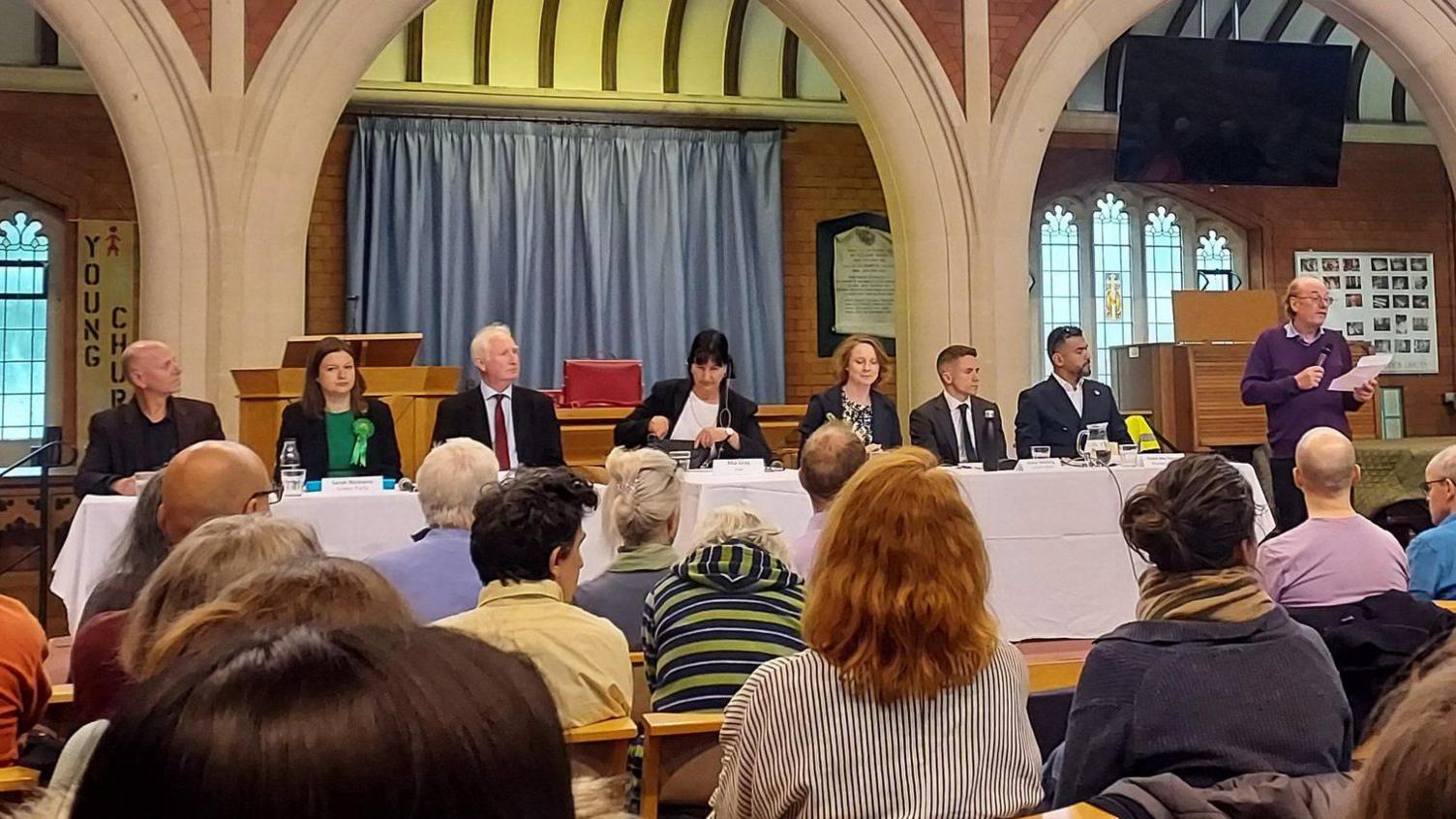
Cambridge's election candidates have spoken about the growth of the city and the cost of living crisis
Shane Manning, 34, is Cambridge's Conservative candidate and works in banking, in London.
He said he wanted to see more investment in the city, including a light rail network and "affordable homes for local people".
The Conservatives were "the only party committed to keeping driving free for residents", he said, and would "fight congestion charging and road closures".
Sarah Nicmanis, 45, is the city's Green Party candidate and said Cambridge was "past the point of sustainable growth".
"We would challenge the growth agenda in Cambridge," she said. "We've squeezed Cambridge as much as we can."
Ms Nicmanis said the party was asking Cambridge City Council to push development further to the north where more brownfield sites were available.
'Overdevelopment'
Independent candidate David Carmona, 55, said Cambridge was being "overdeveloped" and treated as a "cash cow".
Mr Carmona, who recently qualified as a punt driver, said a lot of Cambridge's problems could be solved by strengthening communities and more volunteering.
Dr Khalid Abu-Tayyem, 48, is standing for the Workers' Party.
A "lack of adequate services to meet the needs of the population" was "putting a strain on medical staff", the oncology consultant said.
He said he was the only candidate advocating for a Cambridge allowance that was equivalent to the pay allowance provided in London.
Keith Garrett, 51, is standing for Rebooting Democracy and said the cost of living and cost of housing were the biggest issues in Cambridge, alongside weapons exports, congestion and climate change.
He said he wanted randomly selected groups to deliberate issues and make decisions based on evidence - a break with the traditional system of MPs voting on them.

Follow Cambridgeshire news on Facebook, external, Instagram, external and X, external. Got a story? Email eastofenglandnews@bbc.co.uk, external or WhatsApp us on 0800 169 1830
Related topics
You may also be interested in
- Published22 June 2024
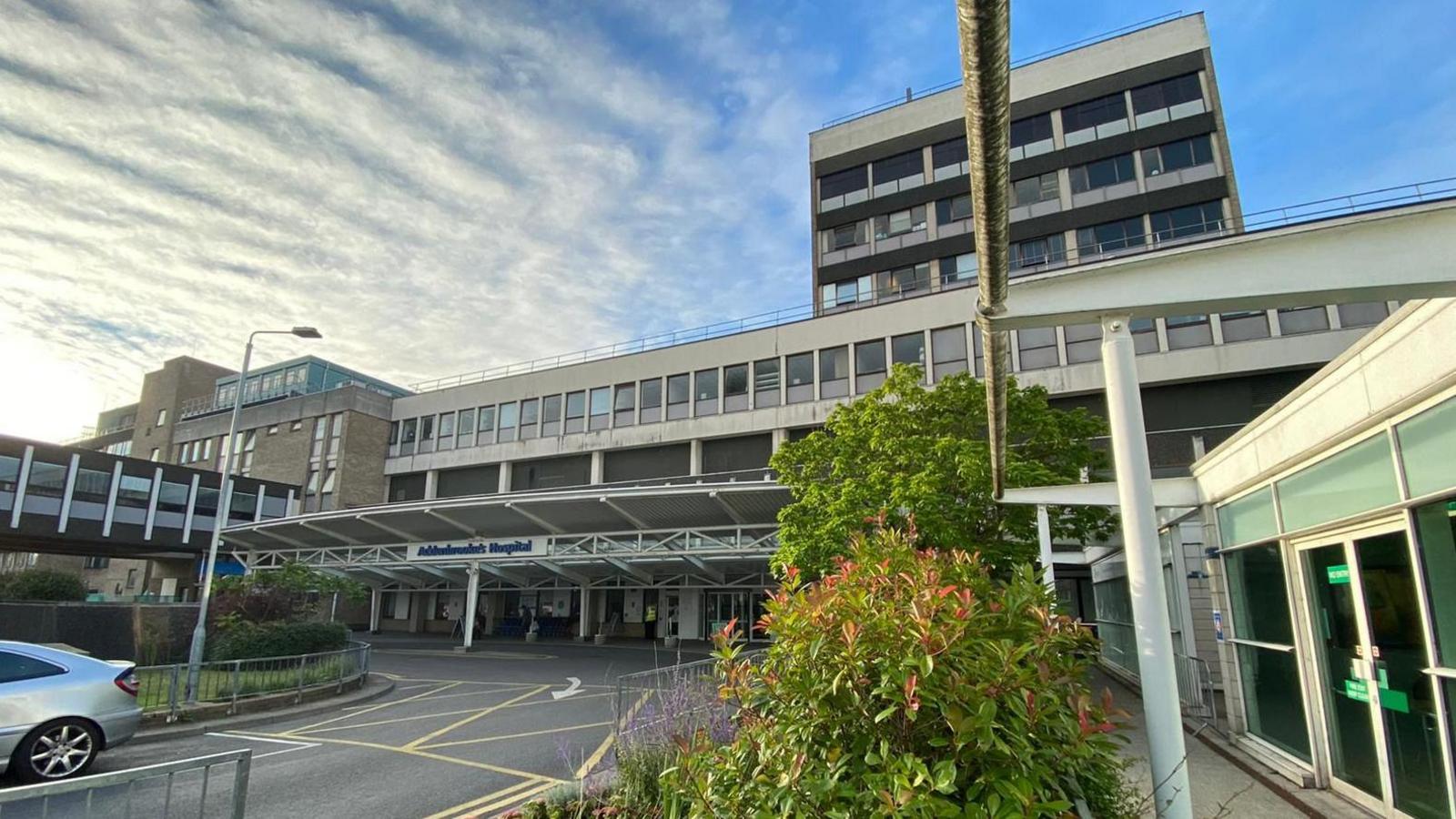
- Published3 July 2024
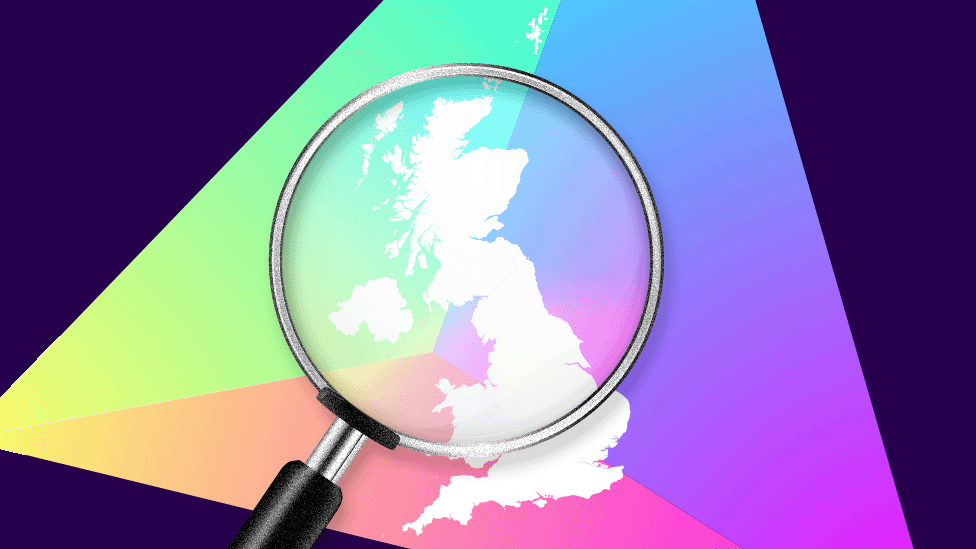
- Published19 June 2024
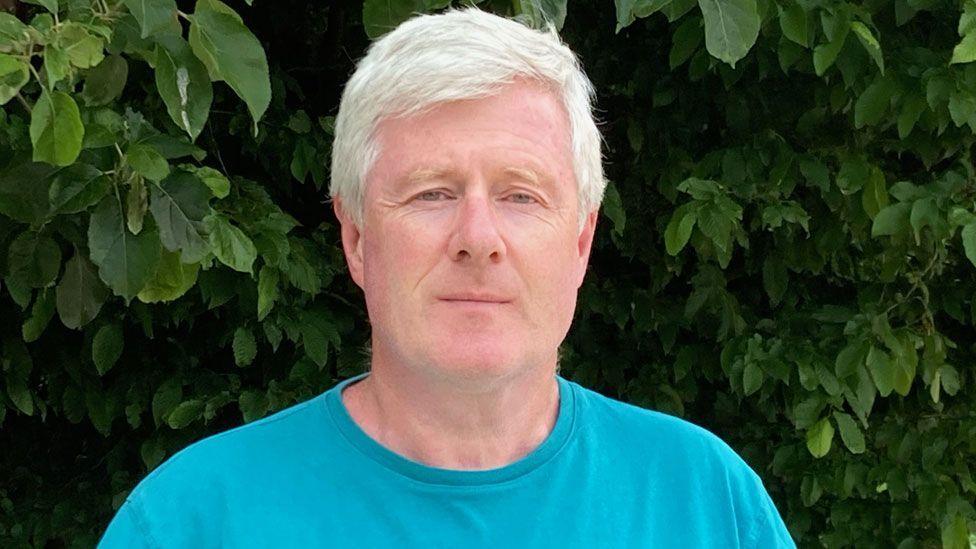
- Published19 June 2024
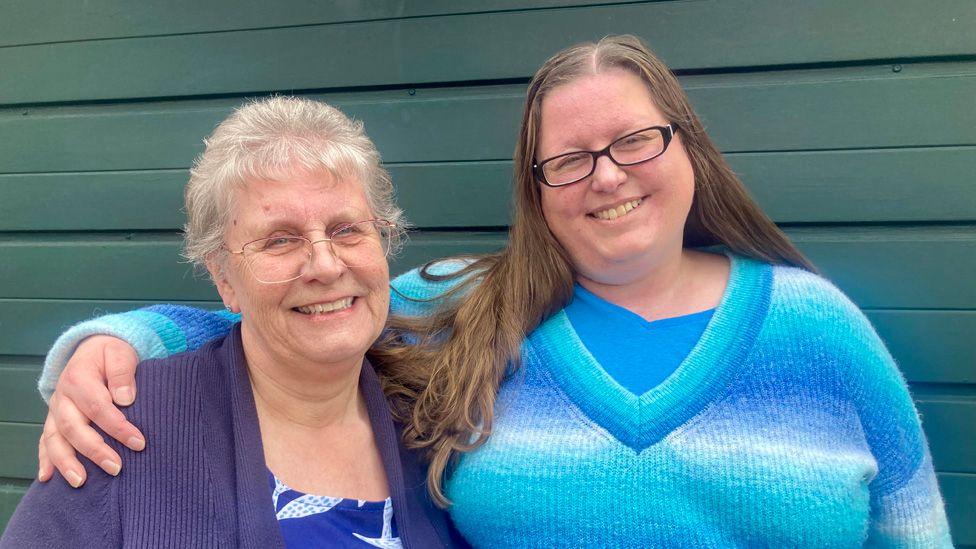
- Published25 May 2024
